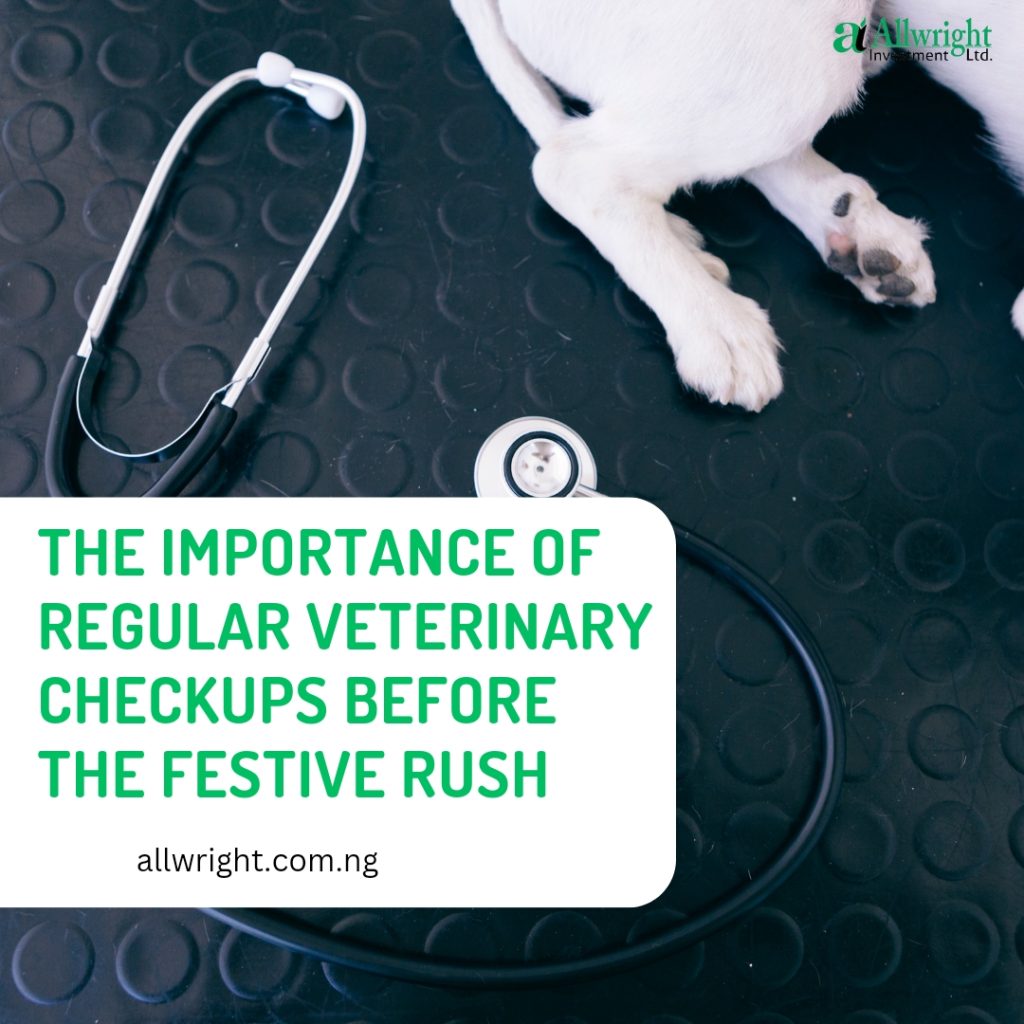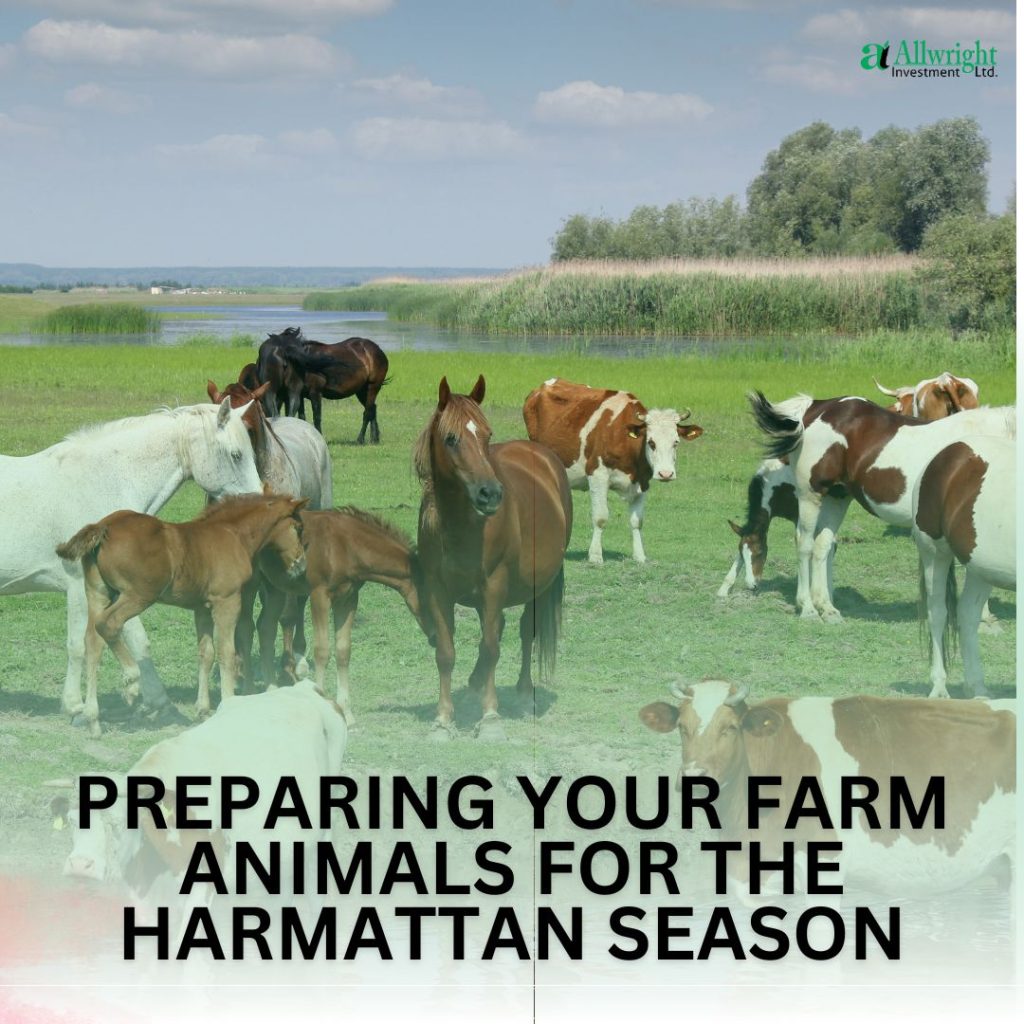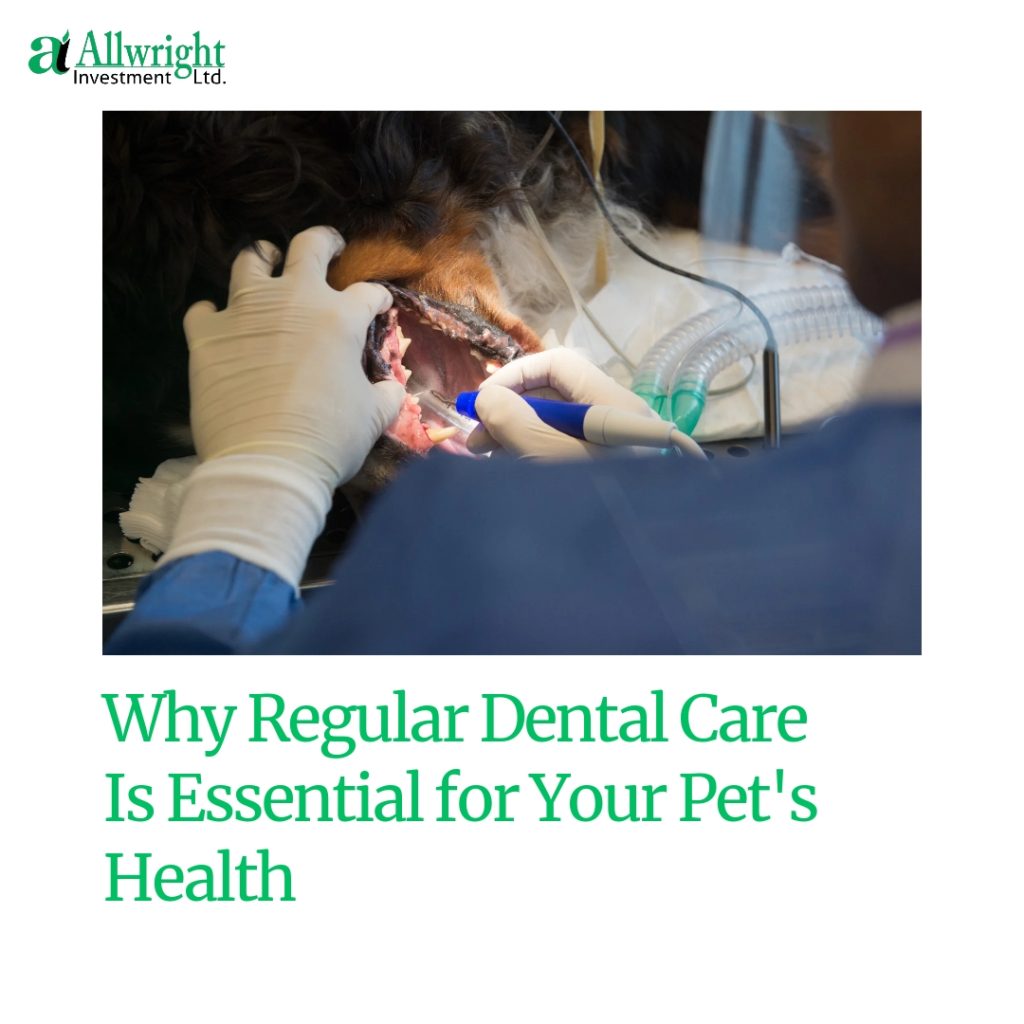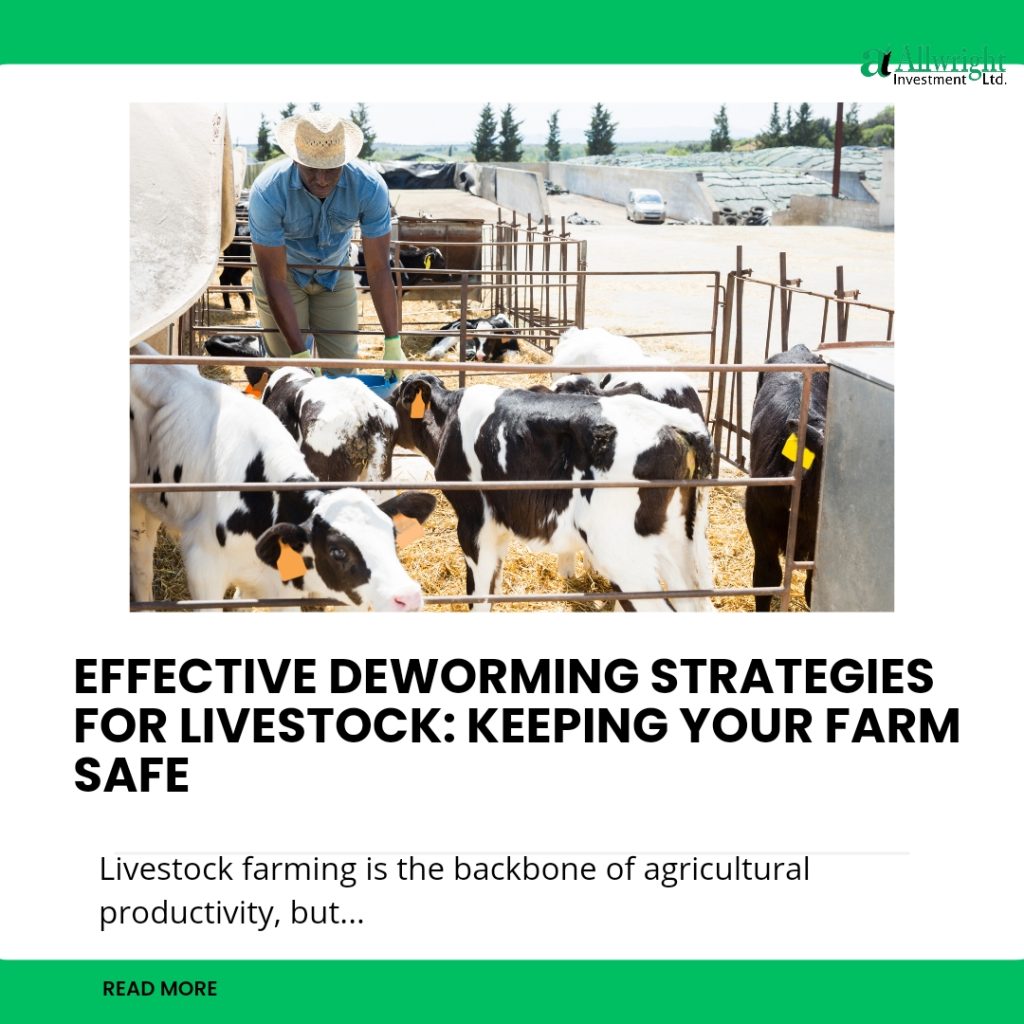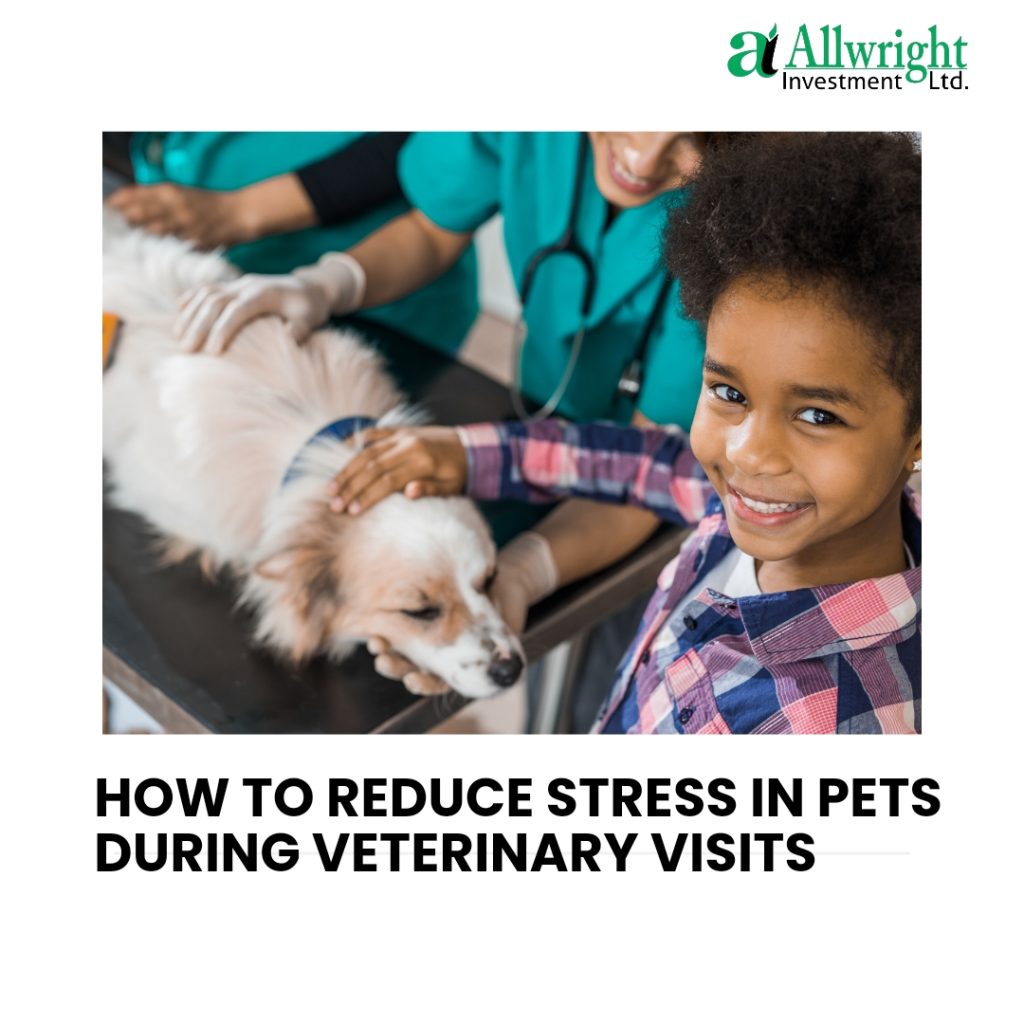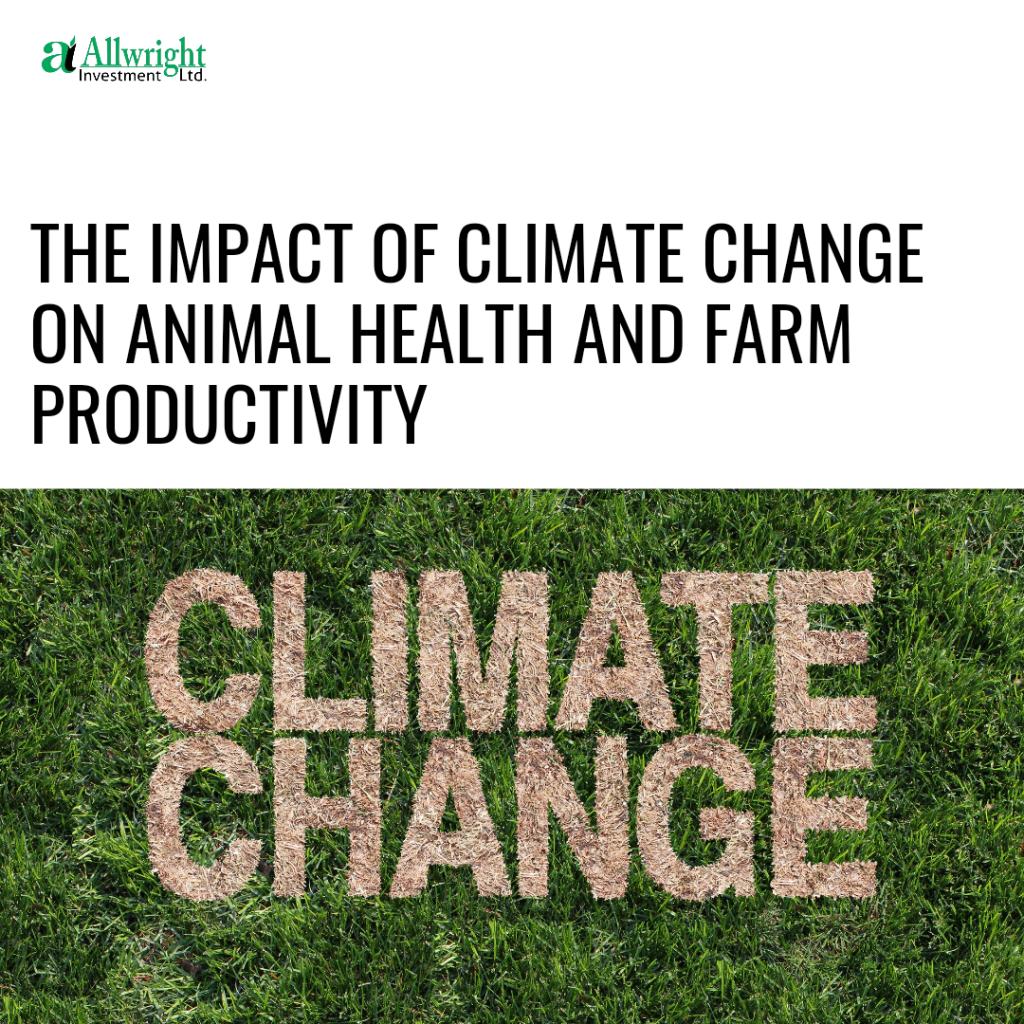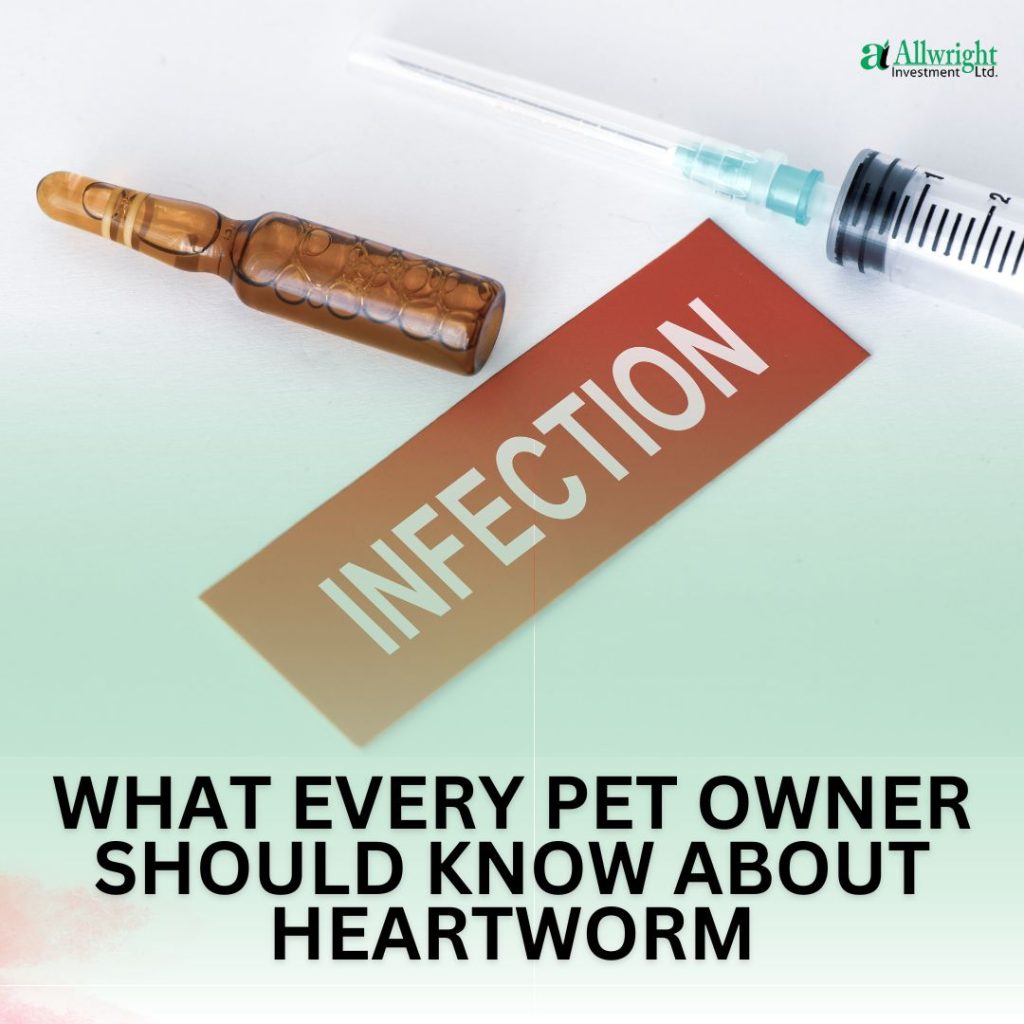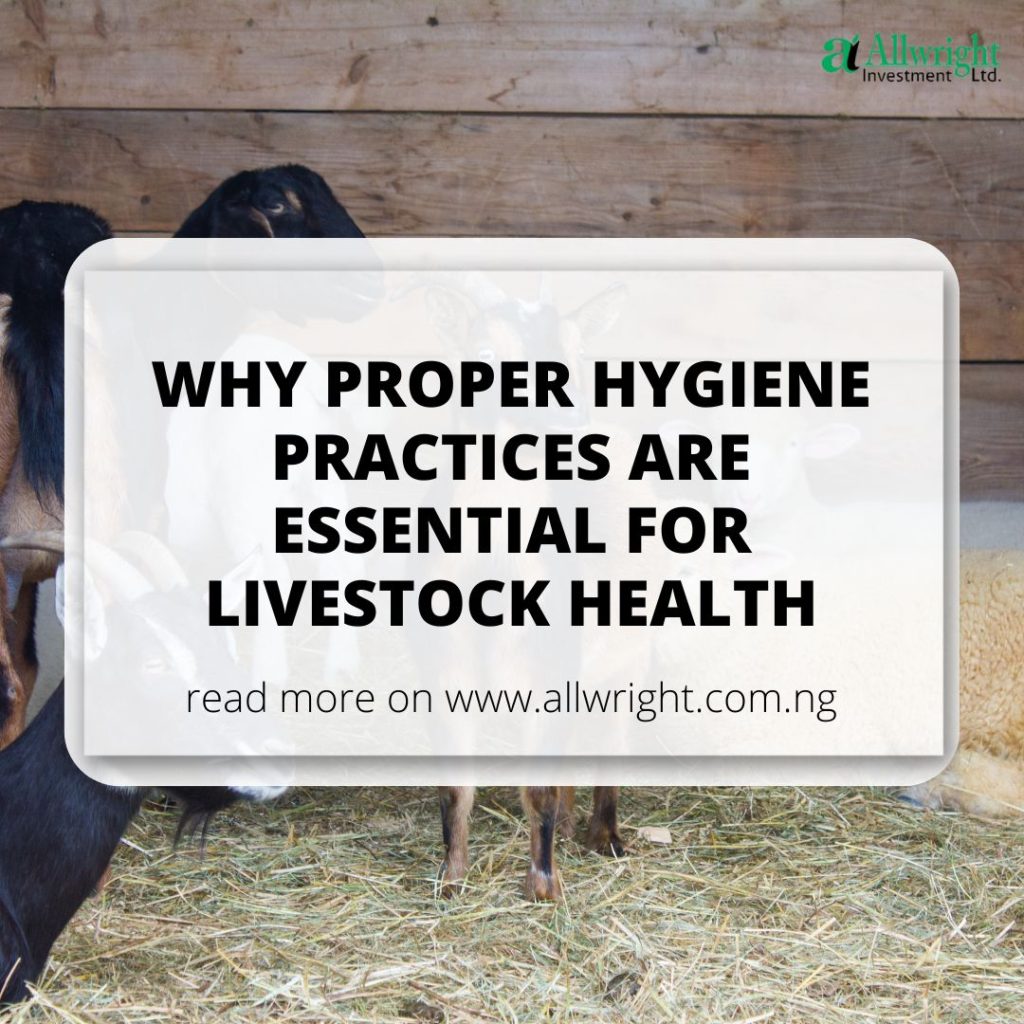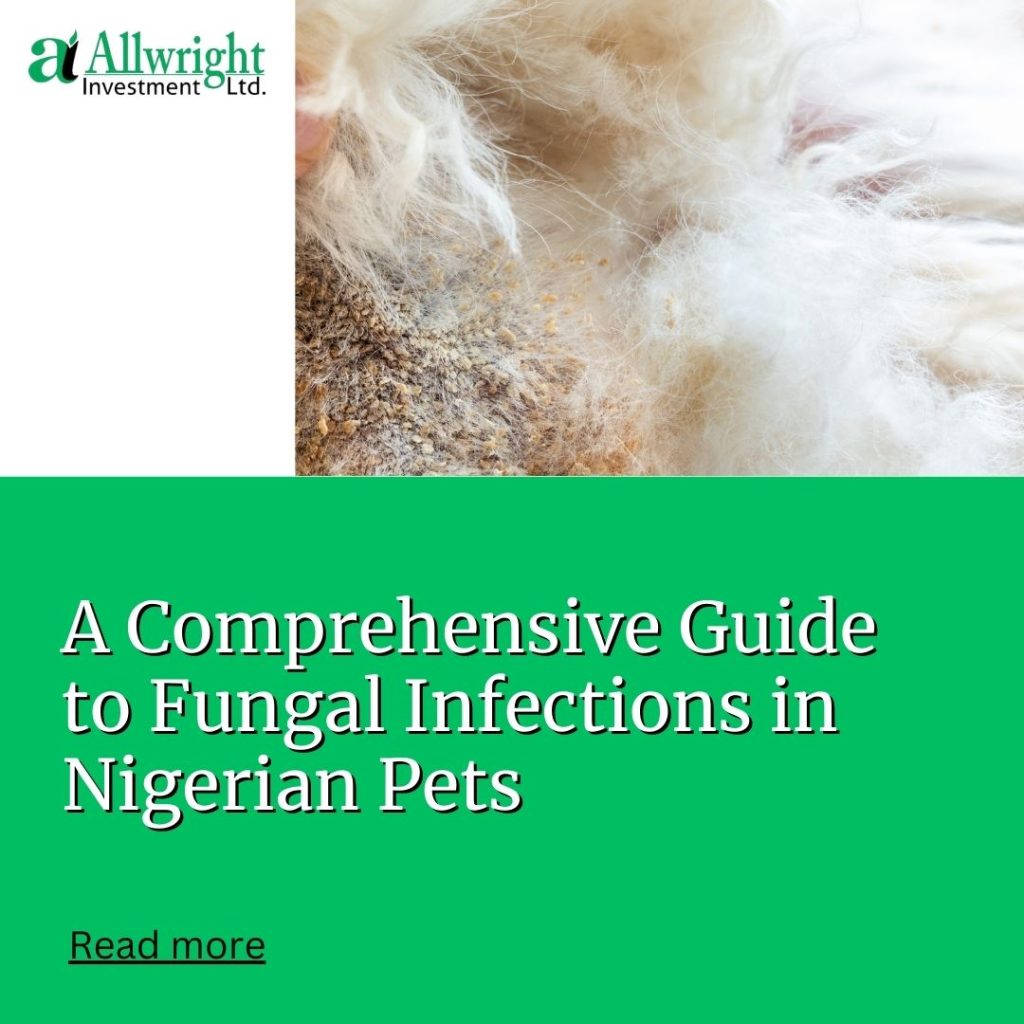How Allwright Products Can Improve Livestock Farmers’ Productivity
Livestock farming is not just about keeping animals, it is about managing an integrated system that ensures maximum productivity, efficiency, and sustainability. At the heart of this system lies the importance of health, nutrition, and management. Allwright, a trusted brand in healthcare products for pets, livestock, veterinary supplies, and agro-allied products, offers innovative solutions that empower livestock farmers to boost their productivity.
1. Enhanced Animal Health and Longevity
Healthy animals are the backbone of a productive livestock farm. Diseases, infections, and poor nutrition can lead to significant losses, including reduced milk yield, slower growth rates, and even mortality. Allwright provides a comprehensive range of veterinary products, including vaccines, dewormers, and antibiotics, designed to prevent and treat common livestock diseases.
By incorporating these products into their routine care, farmers can:
- Minimize disease outbreaks.
- Ensure consistent weight gain and growth in livestock.
- Improve reproductive efficiency and offspring survival rates.
2. Optimized Nutrition for Better Performance
Nutrition plays an important role in livestock productivity. Allwright’s feed supplements and additives are specially formulated to provide essential nutrients that might be lacking in traditional feed. These products not only enhance the overall health of the animals but also lead to measurable improvements such as:
- Increased milk production in dairy cows.
- Faster weight gain in beef cattle.
- Better egg quality and quantity in poultry.
By addressing nutritional deficiencies, Allwright helps farmers achieve optimal growth and performance in their livestock.
3. Efficient Pest and Parasite Control
Pests and parasites are a constant threat to livestock health. Issues such as ticks, lice, and internal parasites can severely affect productivity by causing diseases, weight loss, and reduced fertility. Allwright’s pest control solutions, including sprays, dips, and oral medications, ensure effective management of these threats.
- Regular use of these products enables farmers to:
- Prevent parasite-related illnesses.
- Maintain clean and stress-free living conditions for animals.
- Ensure higher yields and healthier livestock.
4. Cost Savings and Profit Maximization
Investing in Allwright products is not just about solving immediate challenges; it’s about long-term gains. Healthy, well-nourished animals produce more, enabling farmers to:
- Maximize returns on investment.
- Reduce veterinary costs through preventive care.
- Improve market competitiveness with high-quality livestock products.
Productivity in livestock farming is not achieved by chance but through deliberate efforts to maintain animal health, nutrition, and management. Allwright’s range of healthcare and agro-allied products provides farmers with the tools they need to achieve this. By choosing Allwright, livestock farmers are not just investing in products; they are investing in a sustainable, profitable future for their farms.

